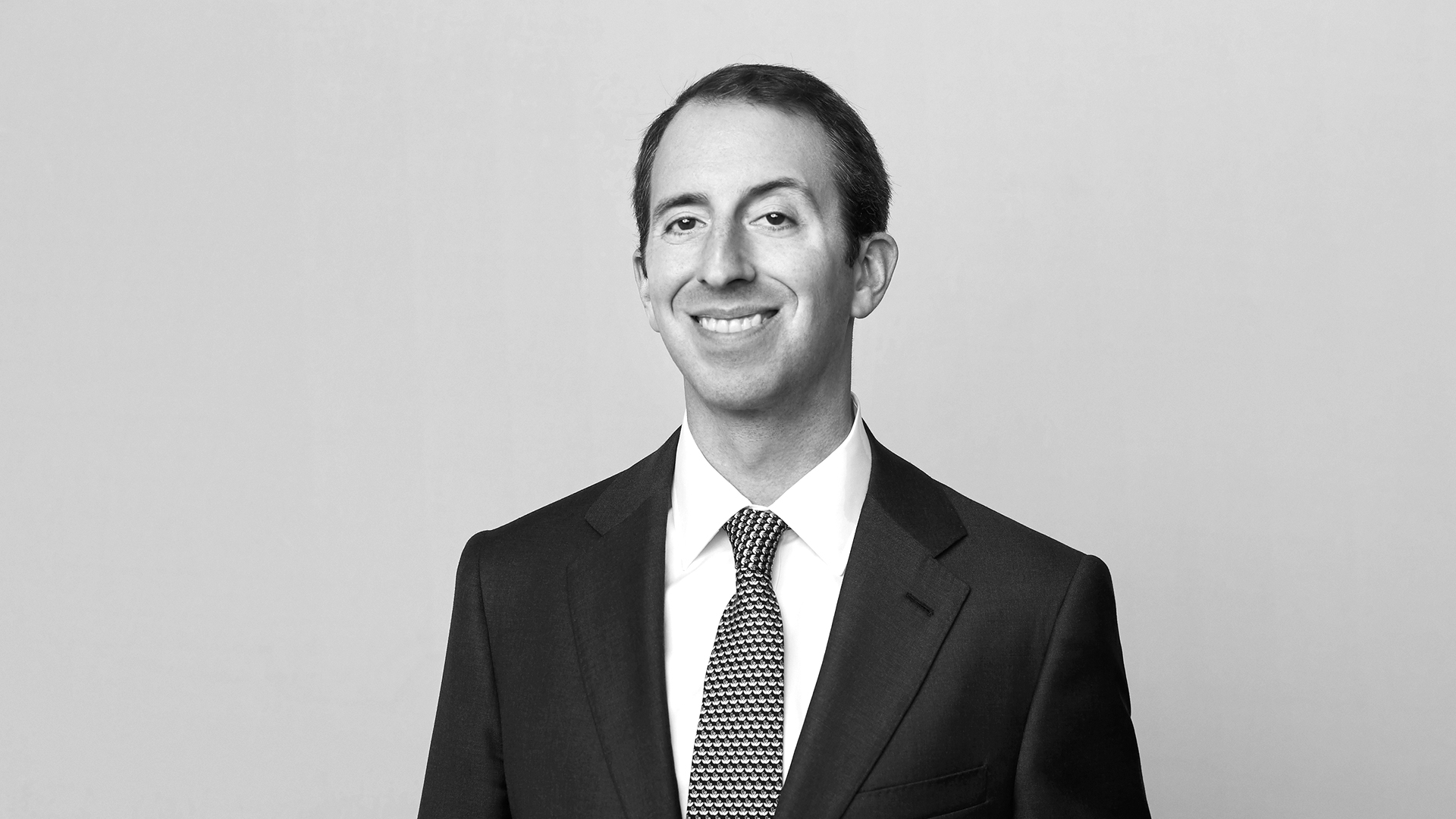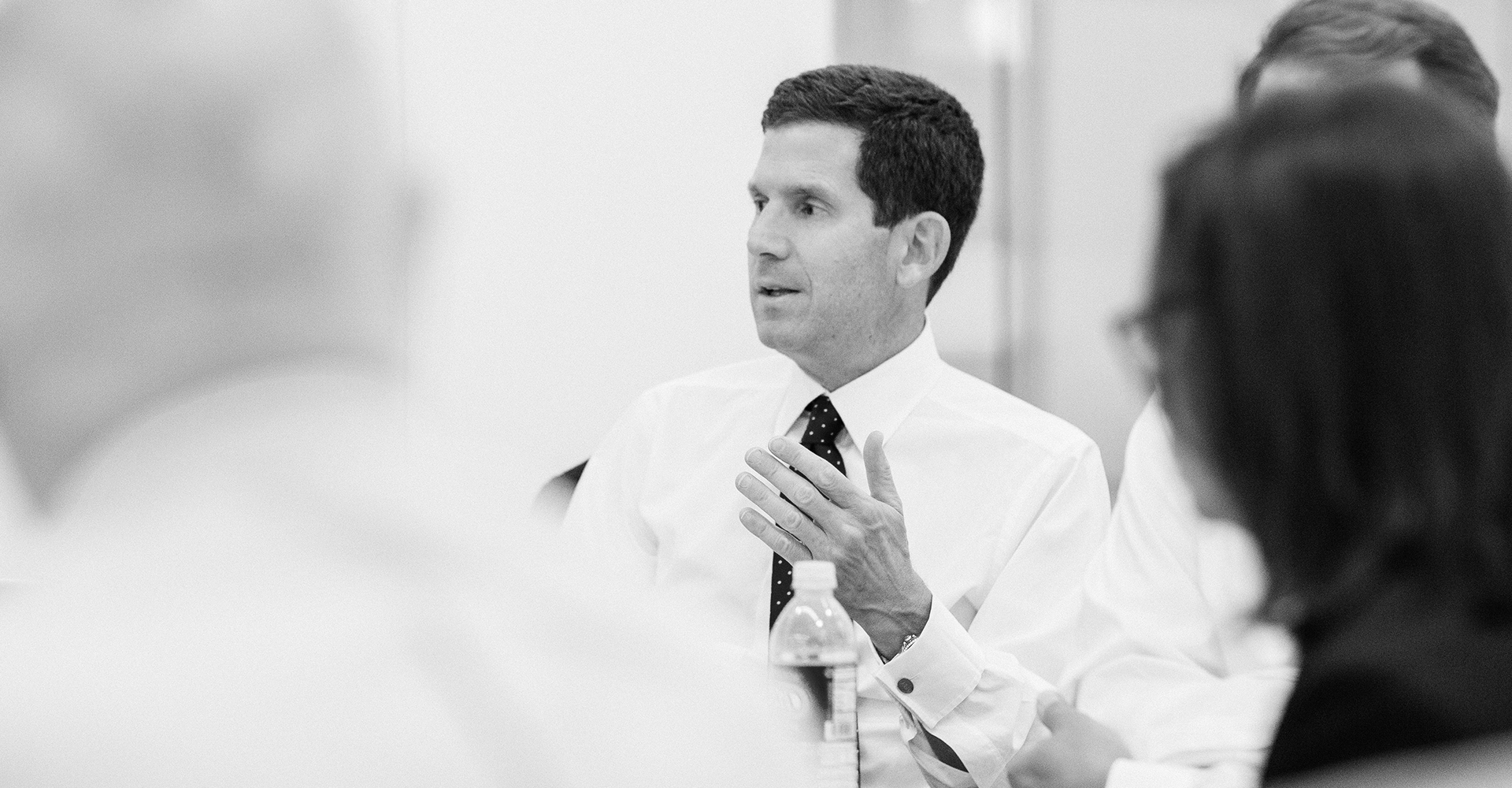Suzanne Grosso is a Vice President with responsibility for assessing and structuring investments in high-value commercial litigation matters as part of Burford's investment team.
You recently joined Burford after a long career as a law firm litigator at an AmLaw 100 firm, and the head of litigation at TIAA, a Fortune 100 financial institution. What prompted you to consider Burford as the next step in your career?
I believe that the future of dispute resolution is inextricably tied to legal finance. Without leveraging outside capital, I don’t see a way for law firms to maintain their profitability, talent and work product while satisfying the demands of corporate America. Burford was a particularly attractive destination because of its reputation as a pioneer and innovator within the legal finance industry. It’s exciting to be on the cutting edge of that kind of change.
On a more personal level, I was drawn to Burford because underwriting taps into the skill set I’ve developed as outside and in-house litigation counsel. I enjoy the broad subject matter of cases that Burford diligences and manages (but does not control), and the challenge of diving more deeply into deal negotiations and economics than I have in previous roles.
When did you first learn about legal finance and what made you interested in the tool?
Ironically, I first learned about legal finance when a colleague left the law firm where we both worked to join Burford. (She and Burford just celebrated a 10-year anniversary!) I didn’t know much about the subject at the time, and until I moved in house, my knowledge was limited to headlines from the legal trade and financial press. The proverbial transition from profit maker to cost center led to a deep dive into alternative fee arrangements and securities recovery litigation, and that soon led to the world of legal finance. The more I learned, the more I viewed the industry as a practical means of deescalating the tension between increasing corporate need for higher-quality but lower-cost legal services and law firms’ ability to supply that demand while remaining profitable.
Since joining Burford, what has most surprised you about the company, and about legal finance more broadly?
I knew that I was joining a fast-paced environment and a diverse group of extremely smart people with deep experience across all aspects of the legal and finance industries. I am grateful for the generosity with which colleagues across the company—regardless of title, expertise, or location—share their time (and patience) with everything from explaining financial calculations to brainstorming legal arguments to clarifying administrative issues.
What surprised me was how unbureaucratic Burford is for a public company that continues to undergo tremendous growth. Operating as one global team is not a platitude; it really is our daily life. As to legal finance specifically, I was surprised by the variety of potential funding and pricing options, and how nimbly the Burford team identifies alternative structures for optimizing counterparties’ needs. Initially, I viewed legal finance through the lens of the single-case model. The concept of portfolio financing, both on the law firm and corporate side, was new to me, as were monetizations and equity investing. The flexibility and creativity of our offerings continue to impress and surprise me.
How do you think GCs and in-house lawyers should approach legal finance? And how can legal finance play a strategic role, not only in the corporate legal department, but also within companies writ large?
I think corporate legal departments have moved beyond the days where their primary focus can be the cost-efficient resolution of defense claims. As GCs become increasingly involved in C-Suite decision-making, they are expected to quantify their teams’ contributions and demonstrate alignment with corporate goals. Affirmative claims recovery is an elegant way to meet these expectations but is often overlooked by corporate legal departments because of limited financial resources and bandwidth. Legal finance is a powerful toolbox for overcoming those hurdles by unlocking quantifiable—and potentially significant—assets and deepening relationships between legal and business partners. To this end, I think in-house legal teams and senior executives should pro-actively educate themselves about the legal finance industry, which includes carving out time for exploratory meetings even if no potential funding opportunity seems imminent.
Name 5 things you love about New York
- Pizza
- The Staten Island Ferry
- Radio City Christmas Spectacular
- Yankee Stadium Old-Timers' Day
- No driving (unless NJTransit is the only other option…)




